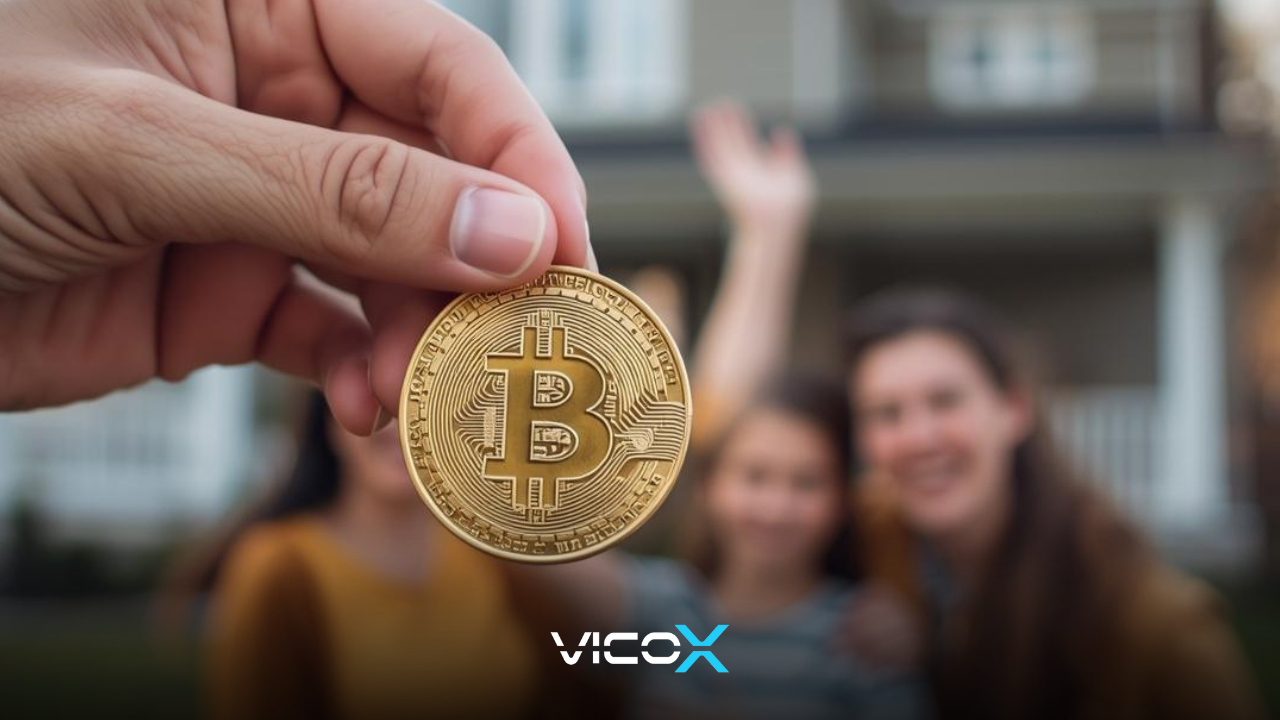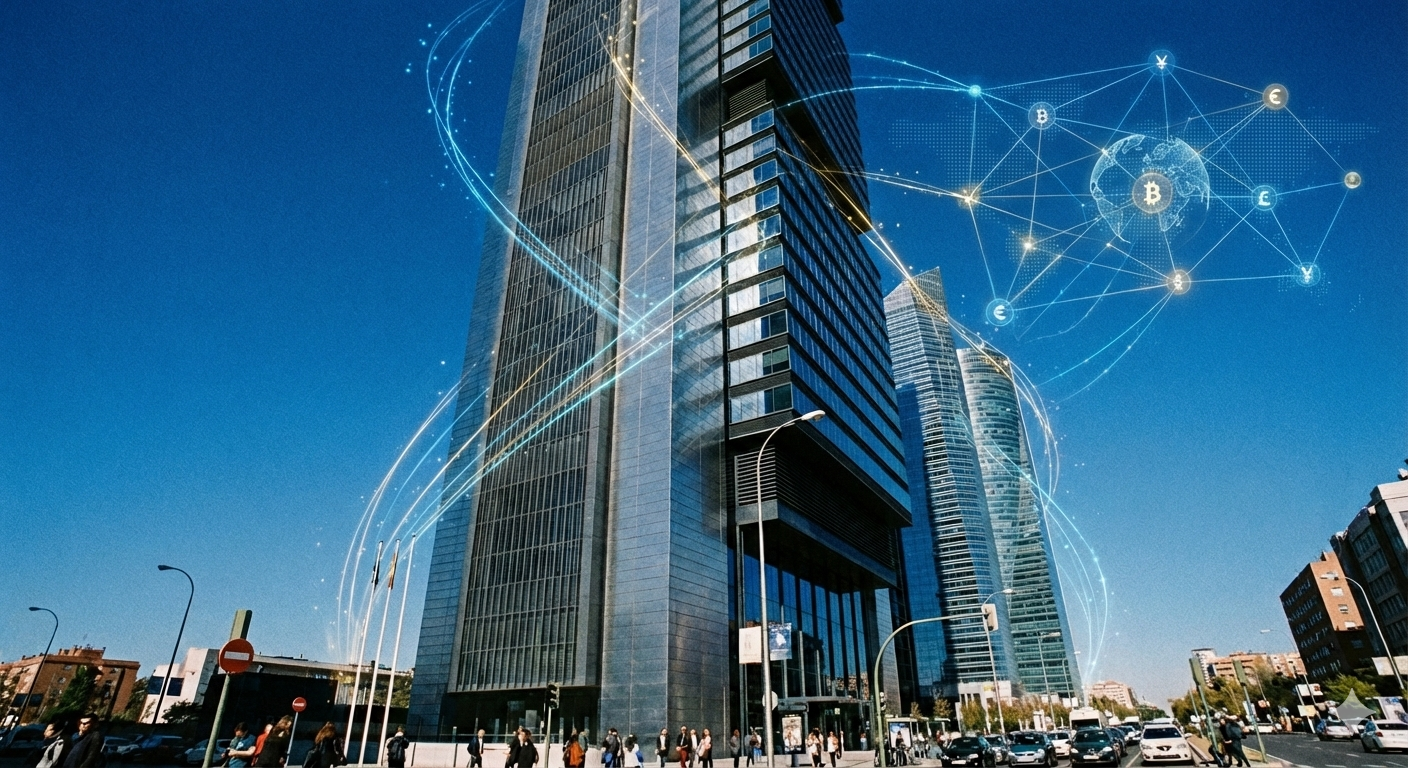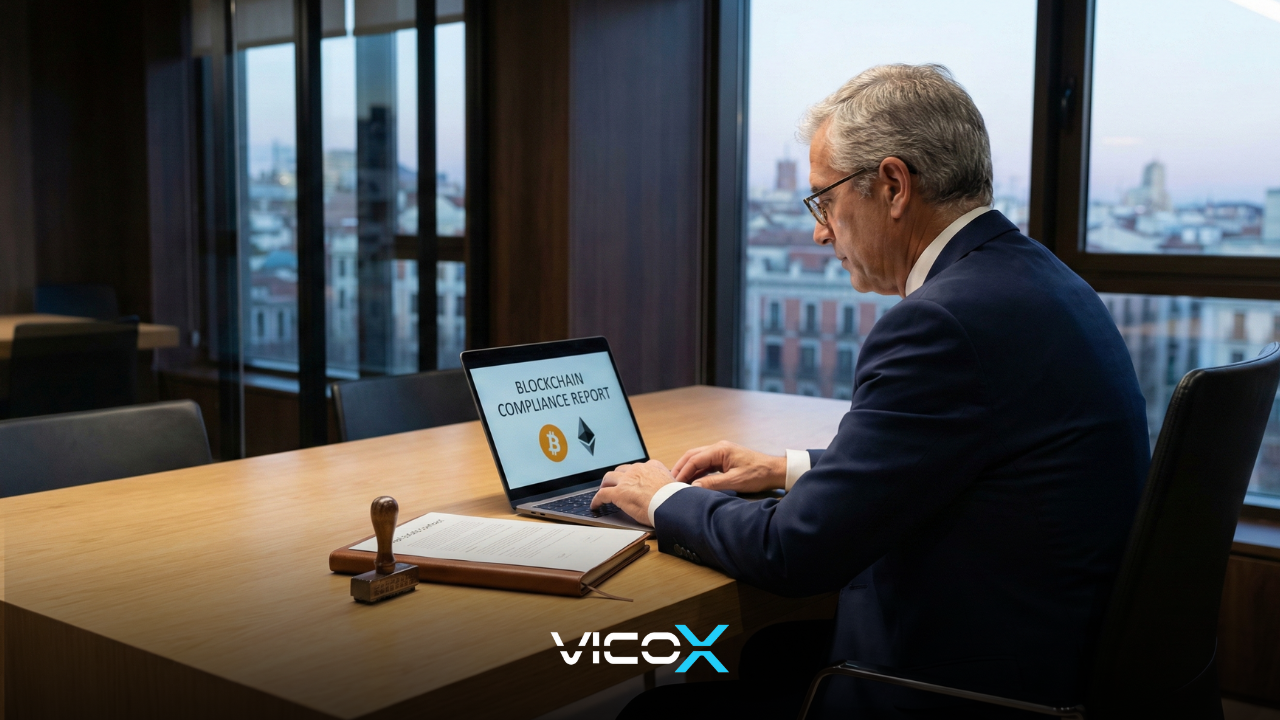Introduction
In today’s hyperconnected world, data centres and subsea fibre-optic cables are not separate technologies: they are strategic partners ensuring that the internet functions efficiently, securely, and sustainably. For investors, developers, and operators, understanding this interdependence is essential for building legally sound and competitive projects.
What are subsea cables and why do they matter?
- Subsea cables carry the overwhelming majority of international data traffic. Without them, services such as cloud computing, streaming, blockchain, and AI would not be able to communicate across continents.
- Their importance lies not only in capacity but also in low latency, resilience against disruption, and connection to strategic landing stations.
- These landing stations are critical nodes in the digital map, where maritime regulation, environmental permits, land use rights, and energy contracts converge.
Benefits of locating data centres near subsea cables
- Reduced latency and higher speeds
Proximity to landing stations reduces terrestrial data transit, lowering delays, improving user experience, and optimising operational costs. - Lower operational costs
Less reliance on terrestrial backhaul networks, more efficient energy infrastructure, and lower real estate costs compared to dense urban areas. - Sustainable and energy-efficient operations
Coastal hubs such as Sines (Portugal) combine subsea cable access with renewable energy sources, availability of seawater for cooling, and affordable land.
Legal and regulatory challenges you cannot ignore
- Maritime and environmental permits: coastal regulations demand rigorous environmental and ecosystem protection.
- International regulation: cables crossing multiple jurisdictions involve complex international treaties, security considerations, and data sovereignty issues.
- Access and property rights: contracts for landing stations, land use, and easement rights.
- Data protection laws: GDPR and other local laws apply to infrastructure handling vast cross-border data flows.
- Energy agreements: green power supply contracts, PPAs, ESG compliance.
Strategic example: Sines (Portugal) as a digital hub
- Sines has become a European landing point for projects like EllaLink, directly connecting Europe and South America.
- This location offers affordable land, efficient cooling, renewable energy, and strategic positioning for both subsea cables and data centre development.
- Such hubs demonstrate how cables and data centres together form the backbone of digital connectivity.
How Vicox Legal supports your project
At Vicox Legal, we advise clients investing in or operating projects at the intersection of subsea cables and data centres. Our expertise includes:
- Due diligence for maritime, environmental, and land permits.
- Contract negotiation for landing stations, cable consortia, land use and access rights.
- Structuring renewable energy agreements and PPAs.
- Ensuring compliance with local, EU, and international regulations (data, ESG, maritime law).
- Cross-border expertise in Spain, Portugal, and key emerging digital hubs.
Conclusion
Where subsea cables meet data centres, the future of digital infrastructure is built. Navigating this ecosystem requires not only technical expertise but also specialised legal guidance.




